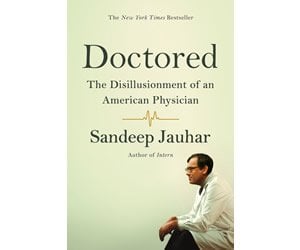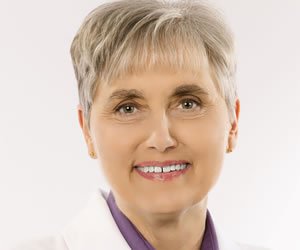
The Unmatched Student’s Guide to Successfully Dealing with Failure
I was in the middle of a fairly busy day on the palliative care ward, ... Read more
Written by: Romesa
Published on: March 16, 2016
Learn about medicine and how to become a physician in our articles for pre-medical students (including the MCAT), medical students, resident physicians, and practicing physicians.

I was in the middle of a fairly busy day on the palliative care ward, ... Read more
Written by: Romesa
Published on: March 16, 2016

Even student doctors who have not yet completed all of their medical training have probably ... Read more
Written by: Brian Wu
Published on: March 15, 2016

If you are planning to start medical school for the 2017 Fall Semester, it’s already ... Read more
Written by: AAMC Staff
Published on: March 10, 2016

Though the emphasis of the medical school application process lies on academic achievement, there are ... Read more
Written by: Anubodh “Sunny” Varshney
Published on: March 9, 2016

For most researchers, working in the lab over a holiday break is somewhat different from ... Read more
Written by: Paris Grey
Published on: March 8, 2016

“It is our obligation to remove the biases that stand in the way of good ... Read more
Written by: Brent Schnipke
Published on: March 3, 2016

Neurologist David Perlmutter, Fellow of the American College of Nutrition and member of the American ... Read more
Written by: Juliet Farmer
Published on: February 25, 2016

Republished with permission from here. One after the other, day after day it seems, I ... Read more
Written by: Erica Patel
Published on: February 24, 2016

One of the great things about your pre-clinical years (years 1 and 2) is that ... Read more
Written by: Adelle
Published on: February 15, 2016

The sub-internship is a crucial rotation for all medical students, no matter which specialty they ... Read more
Written by: Anubodh “Sunny” Varshney
Published on: February 10, 2016

Republished with permission from here. Although there is really never a right time to die ... Read more
Written by: George Prousi
Published on: January 27, 2016

Terry Wahls, MD, is a clinical professor of medicine at the University of Iowa, where ... Read more
Written by: Juliet Farmer
Published on: January 25, 2016

So far, the vast majority of the undergrads I’ve trained during my research career have ... Read more
Written by: David Oppenheimer
Published on: January 21, 2016

I was ringing in the New Year with a friend when suddenly it hit me that it ... Read more
Written by: Adelle
Published on: January 18, 2016

While medical school interviews can be quite conversational, thinking in advance about the questions you ... Read more
Written by: Anubodh “Sunny” Varshney
Published on: January 13, 2016

Interview season. The time of year that roads and skies swarm with the best and ... Read more
Written by: Myers Hurt
Published on: January 11, 2016

What You Should Know is an ongoing series covering a range of informational topics relevant ... Read more
Written by: Brian Wu
Published on: January 6, 2016

Many medical students, even those with a background in the liberal arts, may have a ... Read more
Written by: Brian Wu
Published on: January 4, 2016

One of the things I enjoy most about writing this med school column is that I get to ... Read more
Written by: Adelle
Published on: December 21, 2015